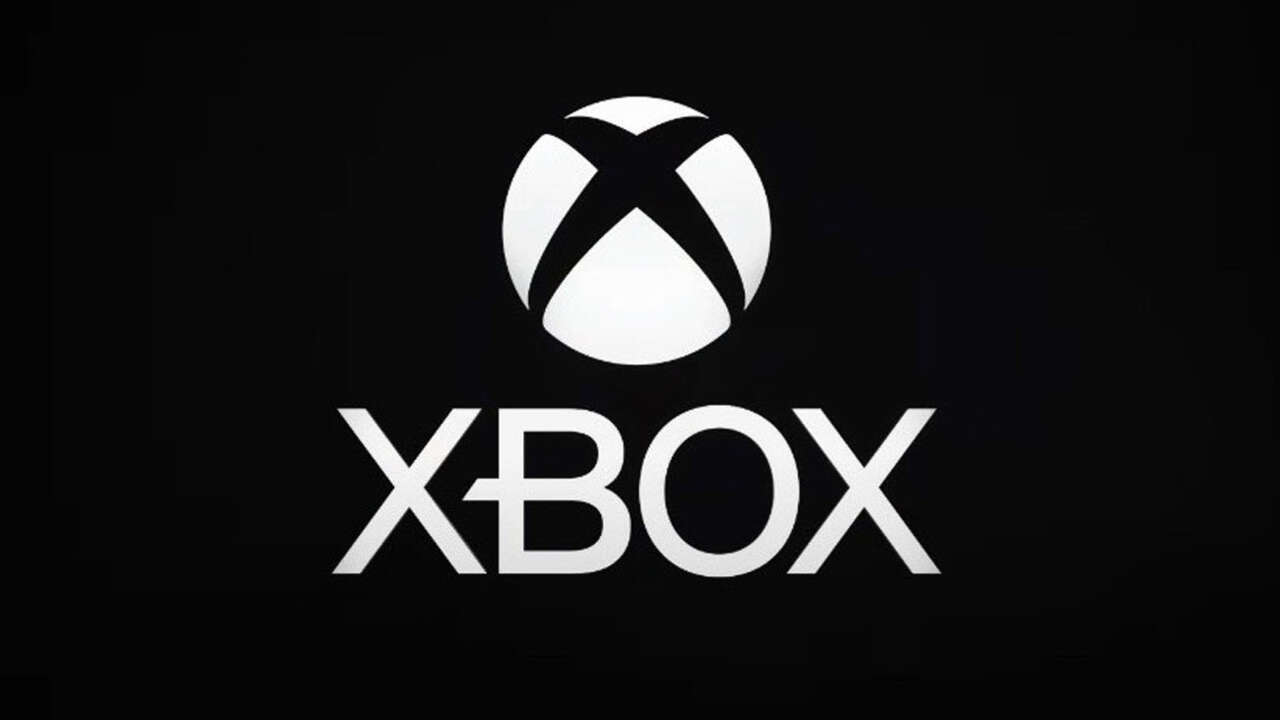As Xbox approaches its 25th anniversary next year, a founding member of the original team, Laura Fryer, has raised concerns about the future direction of Microsoft’s gaming division. Fryer, who no longer works for Xbox, recently expressed her views on Microsoft’s current strategy, suggesting that the company “has no desire” to continue producing hardware.
During a discussion on her YouTube channel, Fryer commented on Microsoft’s recent partnerships with Asus and AMD, indicating that these moves reflect a potential shift away from hardware development. She highlighted that the upcoming ROG Xbox Ally handheld devices lack exclusive games, which she believes are crucial for driving sales.
“Obviously, as one of the founding members of the Xbox team, I’m not pleased with where things are today,” said Fryer. “I don’t love watching all of the value that I helped create slowly get eroded away. I’m sad because, from my perspective, it looks like Xbox has no desire—or literally can’t—ship hardware anymore. So, this partnership is about a slow exit from the hardware business completely. Personally, I think Xbox hardware is dead.”
Industry Reactions and Expert Opinions
Fryer’s comments have sparked discussions within the gaming community and among industry experts. While some share her concerns, others see potential in Microsoft’s evolving strategy. Former Xbox Live and Game Pass vice president Mike Ybarra offered a slightly different perspective on the situation.
Ybarra, who shared his thoughts on social media platform X, believes that while Microsoft may be stepping back from hardware, it has the potential to become the largest gaming publisher if it focuses on that goal. He emphasized the need for Microsoft to clearly define its path forward.
“They have to figure out what needs to change, and fast,” wrote Ybarra. “I’m a big fan and will always bleed green… Pick your lane and stick to it… It’s simple to me, Xbox should strive to be the world’s largest publisher of entertainment content. Get rid of everything else and get focused. Do not be afraid to say what you are. Embrace the lane… Straddling the fence is not a winning plan.”
Financial Performance and Strategic Shifts
The discussion about Xbox’s future comes amid reports of potential layoffs within Microsoft’s gaming division. According to sources, a new round of layoffs could occur as soon as this week. Microsoft Gaming CEO Phil Spencer has previously stated that reducing staff is necessary for the company’s sustainability.
Despite these challenges, Microsoft’s latest quarterly report showed robust financial performance, with a net revenue of $70.1 billion, marking a 13% increase, and a net profit of $25.8 billion, up 18%. The Xbox division also reported year-over-year revenue growth, highlighting the complexity of the situation.
Historical Context and Future Implications
Historically, Xbox has been a significant player in the gaming console market, competing with the likes of Sony’s PlayStation and Nintendo. The brand’s evolution from its inception to its current state reflects broader trends in the gaming industry, where digital content and services are increasingly prioritized over physical hardware.
As Microsoft navigates this transition, the implications for the gaming community and the industry at large are significant. A shift away from hardware could redefine the competitive landscape, with Microsoft potentially focusing on expanding its Game Pass service and other digital offerings.
Looking ahead, the decisions made by Microsoft will likely influence its position in the gaming industry for years to come. The company’s ability to adapt to changing market dynamics and consumer preferences will be crucial in determining its success.
As Xbox’s 25th anniversary approaches, the gaming world will be watching closely to see how Microsoft addresses these challenges and opportunities. Whether it continues to innovate in hardware or pivots towards becoming a leading content publisher, the future of Xbox remains a topic of intense interest and speculation.
